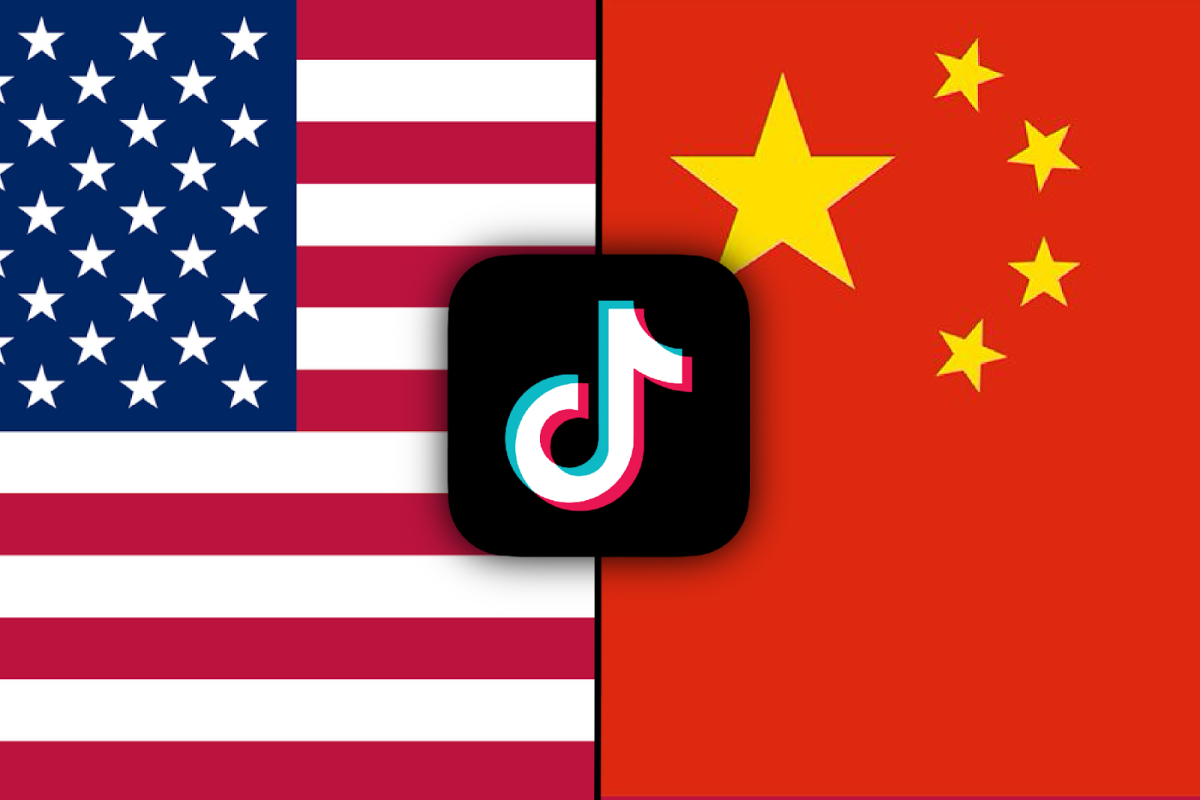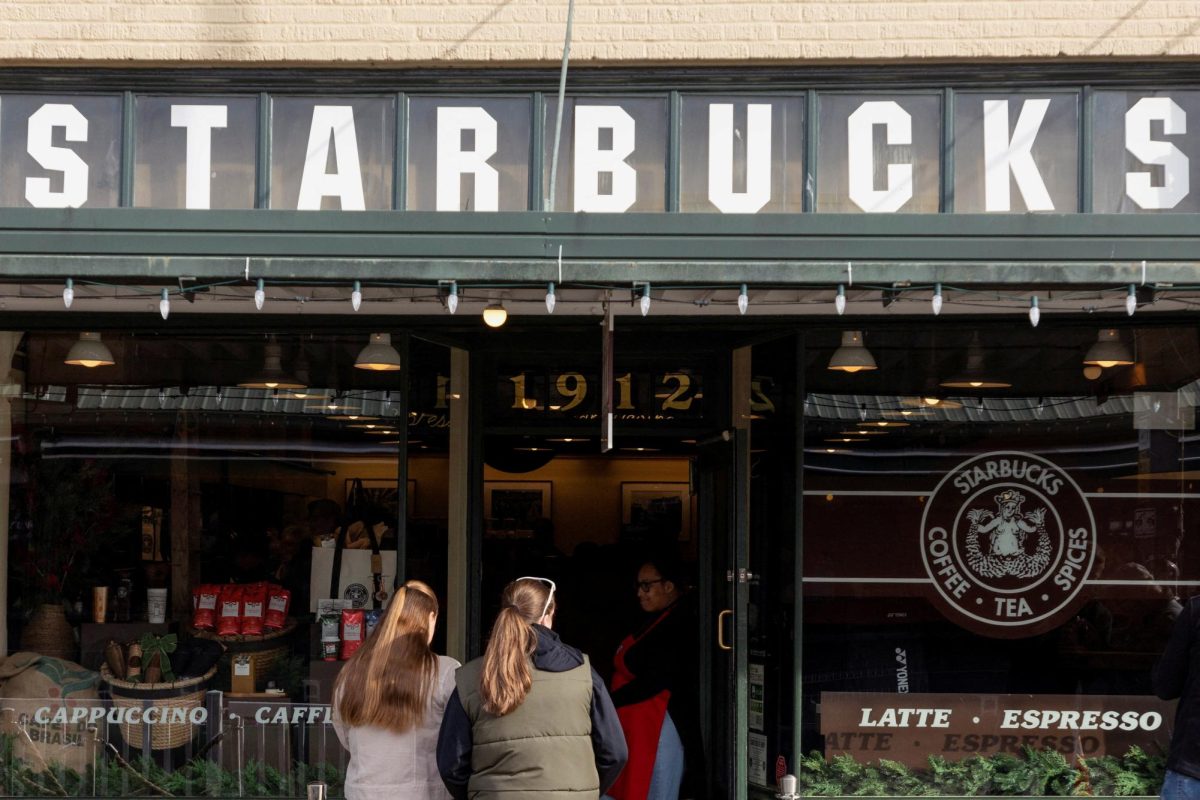Why is TikTok being banned?
The controversy surrounding TikTok stems from concerns over its ties to China. TikTok’s parent company, ByteDance, is based in China, which has led to fears that private user data, such as location information and browsing habits could be shared with the Chinese government. The US government argues that this poses immense risks to national security, given the amount of user data TikTok collects. However, there is limited evidence to support these claims.
What is the current status of the ban?
In April 2024, the Protecting Americans from Foreign Adversary Controlled Applications Act (PAFACAA), otherwise known as a bill to ban Tiktok, was passed by both houses of Congress and signed into law by President Biden. This legislation, often misunderstood as an outright ban on TikTok, actually gives ByteDance nine months to sell TikTok to a US-approved buyer to be able to continue to operate in the US. If ByteDance fails to comply, TikTok will be banned in the United States.
ByteDance made a statement in April saying that they will not sell TikTok. Meanwhile, TikTok has argued that this law is unconstitutional and infringes on US citizen’s rights to free speech. On January 10, 2025, TikTok pleaded its case in front of the Supreme Court in an attempt to stop its impending ban on January 19, 2025. Yet, on January 17, the Supreme Court unanimously decided to uphold the law that could ban TikTok.
However, the looming TikTok ban may be pushed back. On January 14, 2025, Senators Ed Markey, Ron Wyden, and Cory Booker, and Representative Ro Khanna introduced the Extend the TikTok Deadline Act. If passed, this one-sentence legislation would delay the deadline for ByteDance to sell TikTok or face a ban by 270 days. In Senator Markey’s words, this bill is “designed to give Congress the time needed to fully assess the implications of this ban.” This bill has yet to be passed or failed.
How will the ban work?
In the event that TikTok is banned, the app won’t simply disappear from users’ phones. The ban stops app stores from distributing or updating TikTok in the US starting January 19th. If an app store continues to allow TikTok to be downloaded, they could face federal penalties. For users who already have TikTok installed, the app will remain on their devices, but will no longer receive updates, causing it to degrade over time. It has not been clarified whether additional measures, such as blocking TikTok’s servers or restricting its network access, would be employed to enforce the ban, raising questions regarding the ban’s effectiveness.









